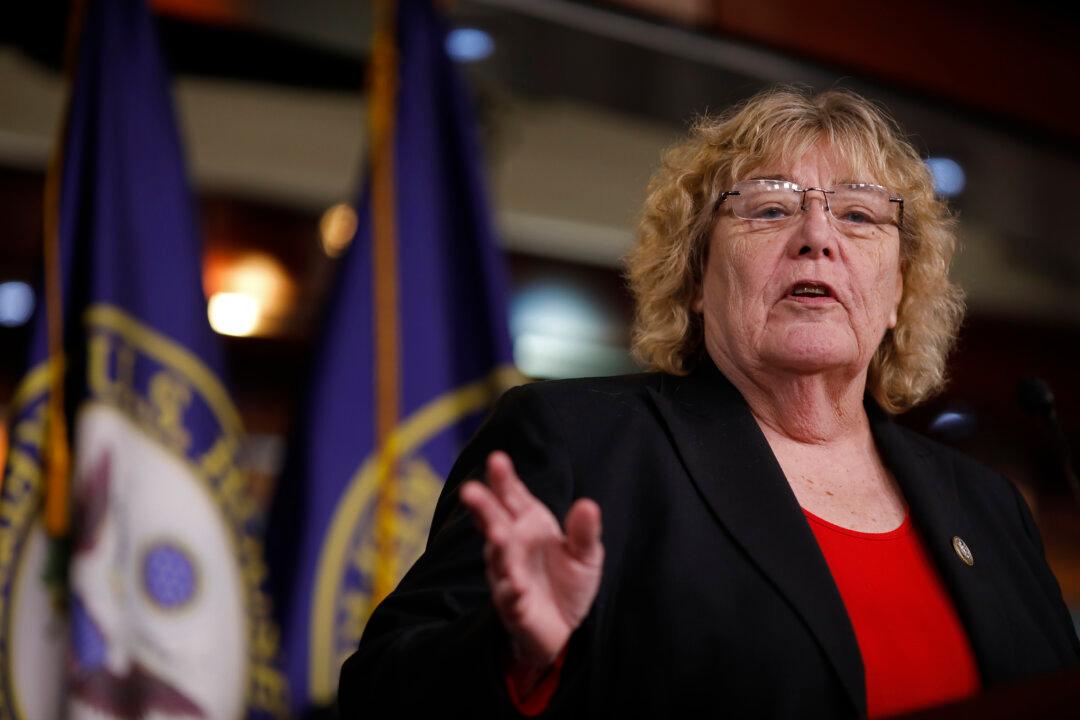Voting by members of the House Administration and House Rules committees is the most intensely partisan of the 19 standing panels in the House of Representatives, according to a think tank analysis published Aug. 27.
“Perhaps to the surprise of some Congress-watchers, the analysis finds the House Administration to be the most partisan committee,” according to Utah State University political science professor Joshua Ryan.





